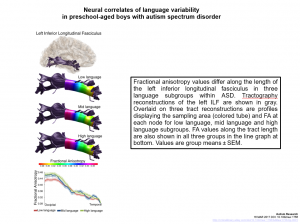As children grown into adolescents, they are stereotyped to become self-absorbed teenagers. Recent research from Brigham Young University and University of Missouri suggests the opposite may be true. Dr. Laura Padilla-Walker led a 10 year study to track the prosocial behavior of adolescents. Prosocial behavior can be thought of as voluntary acts that positively impact strangers, friends, or family. These behaviors are valuable to study because they have been linked to adolescents’ self-worth, moral identity, well-being, work ethic, and academic success. The experiment measured 500 adolescents’ initial levels of altruistic acts, and continued to do so throughout their transition into adulthood. The individuals ranked their feelings of parental warmth, friend connectedness, and empathy to comprehensively depict prosocial behavior. Results showed that selfless acts towards strangers and friends began at a younger age than towards family. Additionally, prosocial behavior towards strangers increased across ages 12 to 17. These findings suggest that helping others out in early adolescence can lead to lasting positive outcomes in overall well-being. The benefits of prosocial behavior can be achieved at a young age by engaging in acts such as volunteering, assisting a friend, and displaying empathy. With the lack of long-term studies on this topic, getting involved in research is crucial for a fuller understanding of the positive effects of prosocial behavior.
Selflessness increases from early to middle adolescence
January 29, 2018

